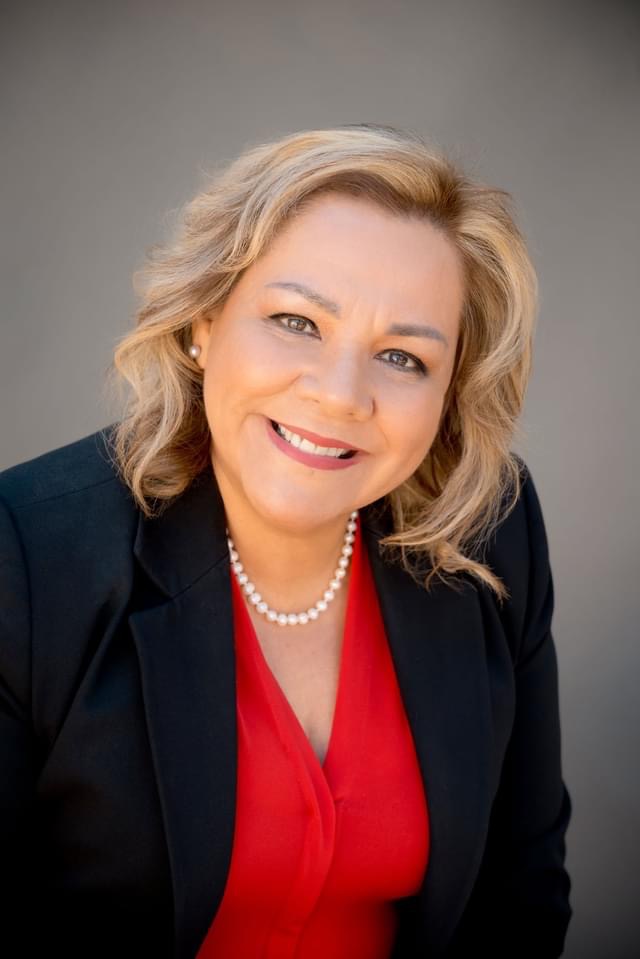Email: [email protected]

Photo by Jan Mallander via Pixabay
When you’re a new homeowner in a new community, you don’t always know how to handle unforeseen emergencies. Before that day arrives, take the time to learn your community so that a minor issue doesn’t become a major catastrophe.
Whether it’s a burst pipe or a broken window, household emergencies always seem to happen after hours or on weekends when service providers and insurance agents aren’t always available. When your roof leaks during that Sunday morning rainstorm or you find puddles in front of the dishwasher, you’ll wish you already had a relationship with a plumber or a roofer.
Often, emergency repair crews charge extra for weekend or evening callouts. They also might offer a temporary repair to get you through the weekend, but you’ll still need to have a regular service provider come in to complete the work during the week.
The service provider you choose for regular projects and new installation may not be the only number you need. Ask them if they provide emergency services. If not, who do they recommend? Here’s a brief list of on-call experts you need the names and numbers of to get you through the off hour challenges.
Emergency Roofers: These folks don’t reroof your home, necessarily. Their expertise is in finding the source of a leak — or potential leak in the case of storm damage — and placing a protective cover over it until inclement weather passes. Once the weather improves, they usually offer to inspect the roof for damages and refer you to a crew that performs insurance repairs.
Electrical Issues: Start with your local utility. They often offer emergency services and procedures to prevent a crisis. Once the critical time passes though, you’ll need to involve certified electricians to repair or rewire your home.
Natural Gas or Propane Emergencies: Likewise, should prompt you to call your provider. This is particularly true if you smell gas and cannot identify or turn off the source when checking for extinguished pilot lights on stoves, furnaces, water heaters and fireplaces. Call the gas company emergency line immediately. But do not use your cell phone inside or leave family members or pets in the house. Go outside or to a neighbor’s house to call. They’ll mitigate any urgent issue and propose what needs repairing, but don’t usually repair those issues themselves. Instead, they’ll direct you to licensed contractors experienced in residential gas-line installation and repair.
Weather-Related Emergencies and Natural Disasters: They can happen any time, no matter where you live in the country. Be proactive in learning where the nearest shelters are for tornadoes and hurricanes. Learn the evacuation route and drive it several times if you live in a flood-prone, tsunami or water-surge area. Contact your local emergency services or the American Red Cross to learn disaster preparedness techniques and to find local information.

You don’t need to do this alone. I am bilingual in English and Spanish, and I have been in the industry for over 20 years, after earning my degree in Business Management and successive studies in Human Resources and Technology. Never content to let my education lapse, I also received a certification in Negotiation Skills from Pepperdine University and attended courses at Stanford University. A leader in the field, I am a member of the Santa Clara Board of Realtors and served as a professional standards ombudsman for 8 years. I completed a term as the President of the National Hispanic Organization of Real Estate’s Santa Clara chapter in 2016, now serving as this organization’s National Vice President. I pursued additional in-depth training to achieve professional designations as an ABR (Accredited Buyer’s Representative), CRS (Certified Professional Specialist), and SRES (Seniors Real Estate Specialist), GREEN certification, and RCS-D (Divorce Real Estate Specialist). Far from being a meaningless alphabet soup, this demonstrates how proactive I am in pursuing the latest knowledge so that I completely prepared to satisfy all my sellers' and buyers' unique needs. I am committed to Excellence!